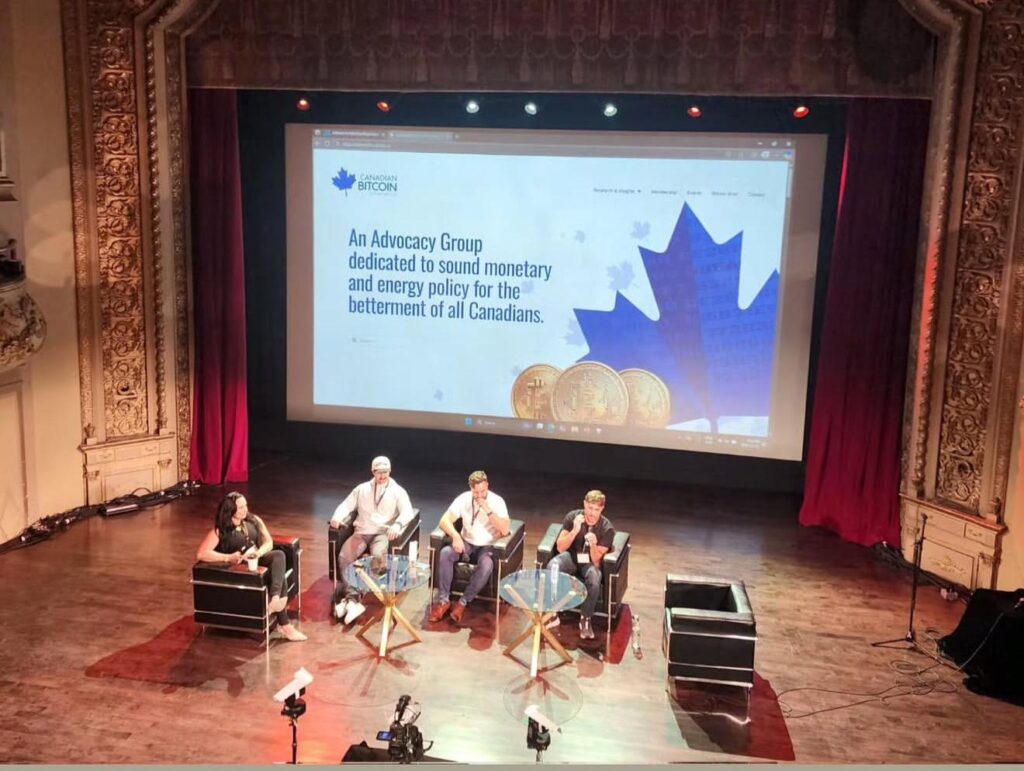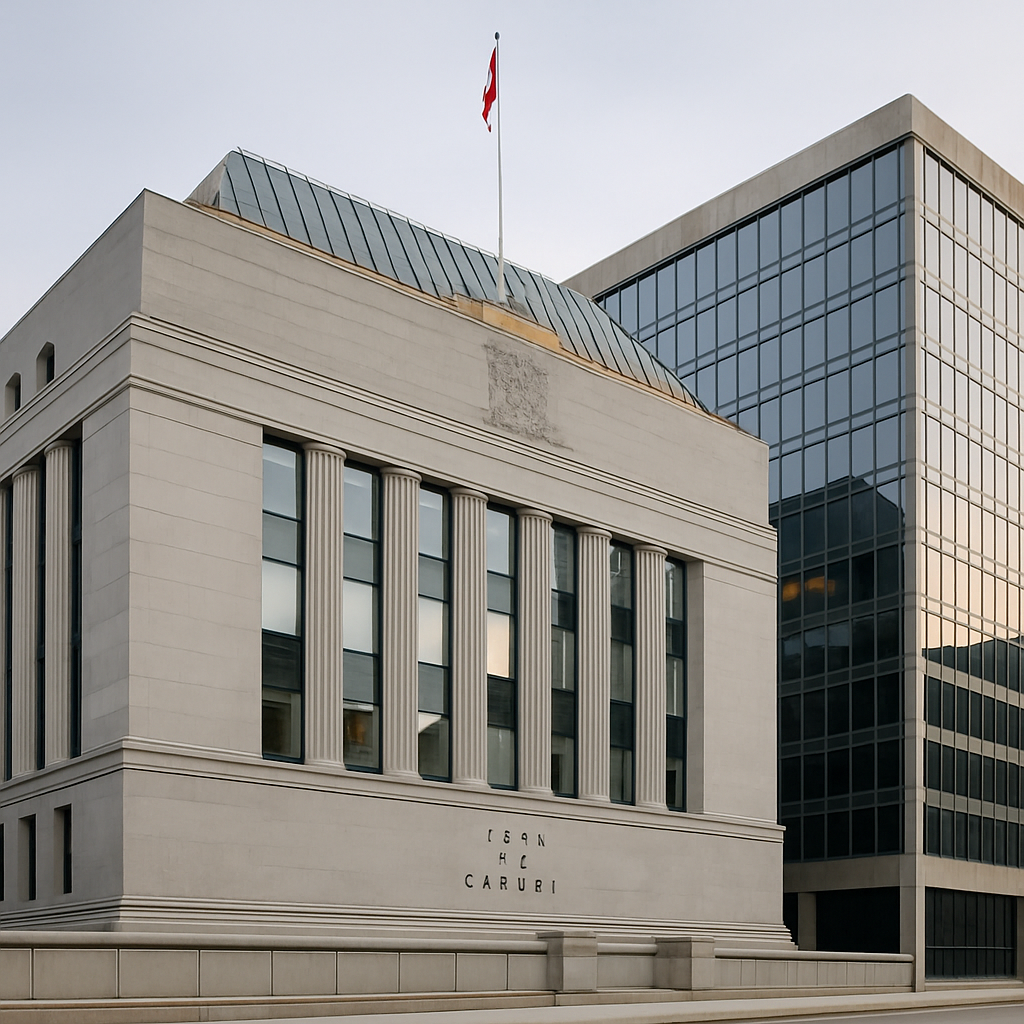The technology behind the consensus
How Do Thousands of Strangers Agree on the Same Truth?
That’s the challenge Bitcoin set out to solve. Without a central bank or authority, how do people all over the world agree on which transactions are real? The answer is Proof-of-Work (PoW)—the system that secures Bitcoin and keeps it decentralized.
If you’ve heard of “Bitcoin mining,” you’ve already brushed against PoW. But it’s more than just mining—it’s the backbone of Bitcoin’s fairness and trust.
What Exactly Is Proof-of-Work?
At its core, PoW is a process where miners compete to solve a math puzzle. The puzzle requires serious computing power and electricity. The first miner to solve it earns the right to add a new block of transactions to the Bitcoin blockchain—and earns a reward in newly created bitcoin.
Here’s the important part: this work isn’t wasted. It makes it extremely expensive for anyone to cheat the system.
Why Proof-of-Work Matters
- Security – PoW makes attacking the network prohibitively costly. To rewrite Bitcoin’s history, someone would need to redo all that work—an almost impossible task at scale.
- Decentralization – Anyone with the right hardware can mine. No single authority controls the process.
- Consensus – Because PoW is hard to fake, the network uses it to agree on which version of the blockchain is valid. The longest chain with the most accumulated work becomes the truth.
Proof-of-Work vs. Alternatives
Some newer cryptocurrencies use systems like Proof-of-Stake (PoS), which rely on ownership of coins rather than computing work. While PoS can be more energy-efficient, it’s also newer, less tested, and relies on different assumptions about fairness and security.
Bitcoin sticks with PoW because it’s battle-tested. For over 15 years, PoW has kept Bitcoin secure—even as the network grew to secure trillions of dollars in value.
Yes, PoW uses energy. But that energy is what keeps Bitcoin honest, neutral, and free from the need to trust a central party.
Why This Matters to Everyday Users
You don’t need to be a miner to appreciate PoW. Just knowing that Bitcoin is secured by real-world effort—not by promises, policies, or political decisions—helps explain why it’s trusted by millions worldwide.
It shows that Bitcoin isn’t magic. It’s math, computers, and electricity working together to create something rare: money you don’t have to trust anyone to manage.




